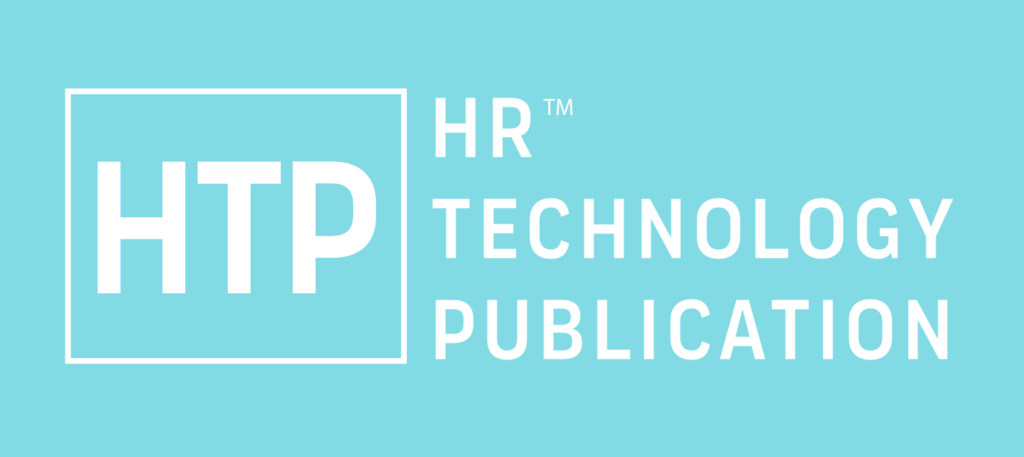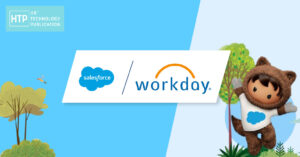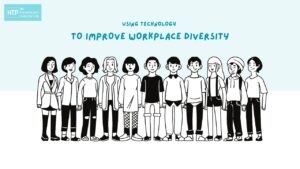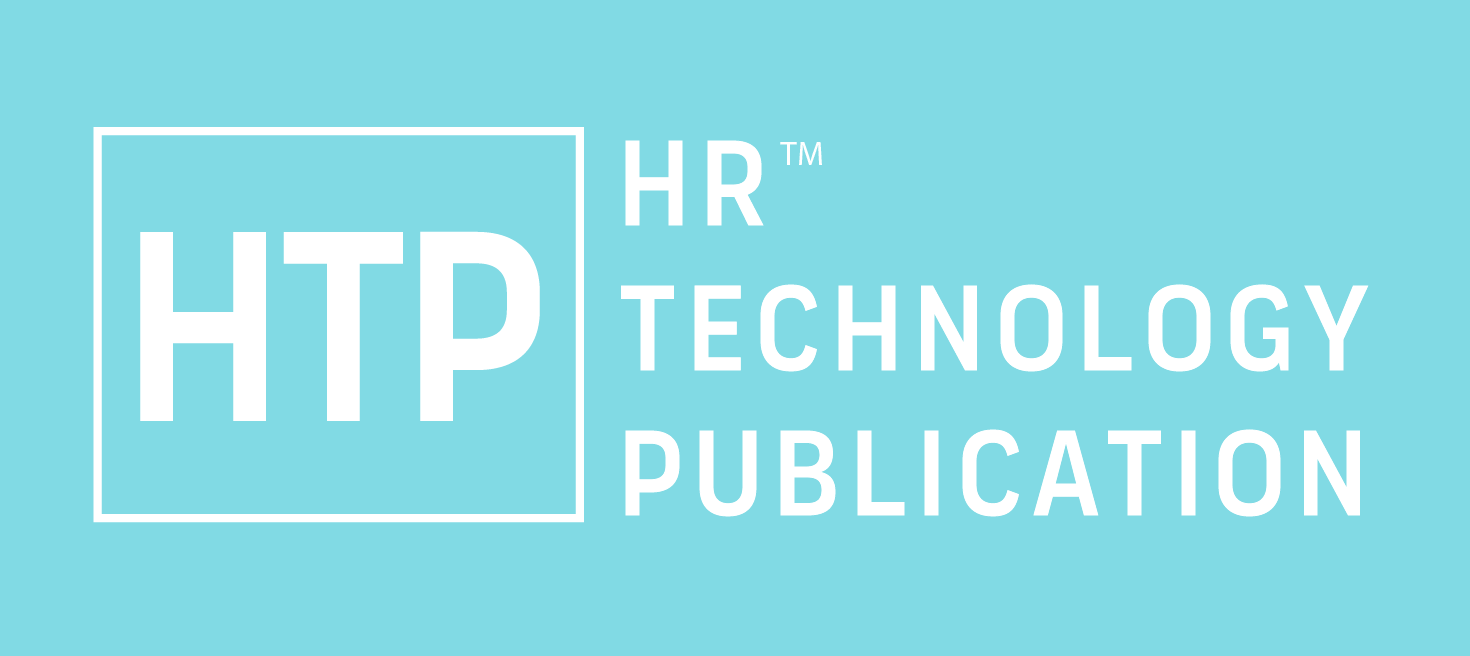Despite the largely positive perception of ChatGPT among HR departments, 300 HR professionals who participated in Capterra’s HR Chatbot Survey believe that employees may be putting their organizations at risk by placing too much faith in these tools.
Capterra stated, “These chatbots aren’t flawless, though. If HR users aren’t cautious, they could easily circulate false or prejudiced information among employees or job applicants—harming the corporate brand.”
Early users of ChatGPT include HR professionals because they can easily and quickly create content (such job descriptions and staff handbooks) with it. According to Capterra’s survey, 73% of respondents have used ChatGPT or a comparable chatbot for work, and 97% of respondents claim that these tools help them save time so they can concentrate on other issues. Ninety-one percent of HR professionals who have employed bots for work rate the quality of the responses as “good” or “excellent.”
Users don’t mind if job seekers implement these tools to save time because they love them so much. When asked whether they would have a different view of a job candidate if they learned the applicant had used a chatbot to assist in writing their cover letter or resume, 86% responded that they would have a different opinion of the applicant for the better. This suggests that job seekers who employ generative AI might stand out from the competition and impress hiring managers.
“Given how much content HR produces, it’s hardly surprising that they’ve embraced ChatGPT and other generative AI tools so quickly. The productivity represented by these tools is a generational jump, according to Brian Westfall, principal HR analyst at Capterra. These chatbots aren’t flawless, though. If HR users aren’t cautious, they could easily circulate false or prejudiced information among employees or job applicants—harming the corporate brand.”
Despite ChatGPT’s many advantages, risk should always be considered. Only 29% of HR professionals who have used AI chatbots claim to constantly request source citations, while 65% only occasionally check and 6% infrequently check. When put to the test, ChatGPT provided inaccurate DEI numbers, which might result in bad HR content. ChatGPT guessed genders and offered sexist content when given specific job roles.
In addition to the potential for erroneous or prejudiced wording, chatbot content will by definition lack the distinctive personality of your business, which is essential if you want to attract prospective candidates or develop your company culture. Use of ChatGPT should be limited to evergreen material, such as templates for performance reviews or staff engagement surveys.
It seems sense that so many experts rely on ChatGPT given all of its possibilities. While generative AI chatbots are here to stay, they aren’t yet sophisticated enough to completely automate HR tasks. In order to avoid any crucial errors that could damage the reputation of their company or alienate potential and present employees, experts must be meticulous when fact-checking the content.




